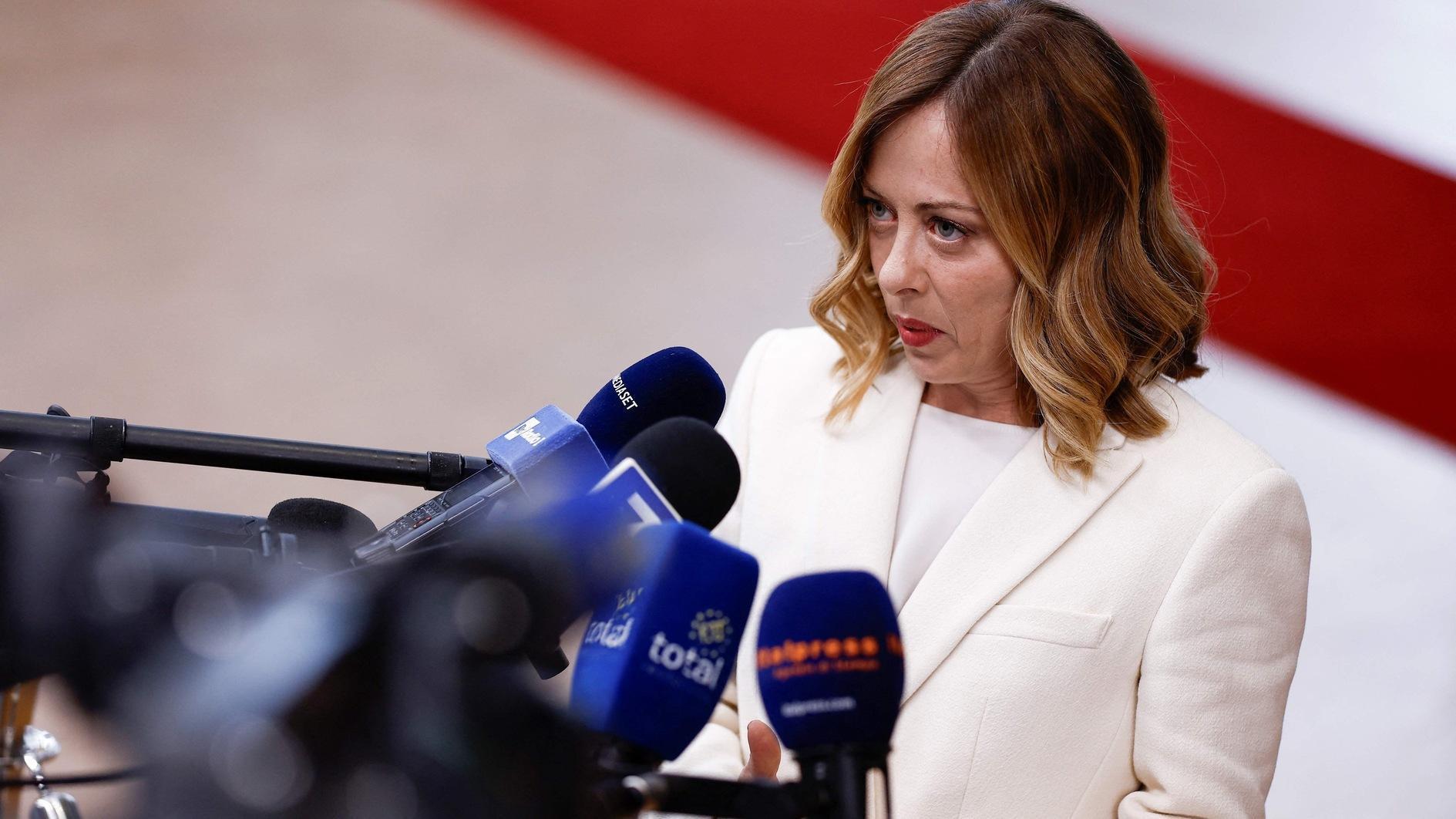A course correction with the United States
We have not seen a bashing of the West from Turkish leadership during the electoral campaign period, a German businessman living in Turkey told me. When he shared this observation with a Turkish interlocutor, the response was, “We can no longer afford it.”
United States officials seem to have made the same observation. They discern a softening of the tone on the Turkish side. In fact, they did not miss when Turkish President Recep Tayyip Erdoğan thanked the U.S. for its support of the Trans Anatolian Pipeline project during the official inauguration ceremony that took place before elections. U.S. officials seem to have observed a change not only in rhetoric but also in a softening of the stance as well.
They probably attribute it to the end of the electoral period as well as to the deterioration of the economy too. Indeed, as elections are over in Turkey, Ankara and Washington have to return to the negotiation table and try to sort out their differences.
Could there be a correction in the course of their relations? Time will show. There seems to be some positive developments in the Syrian theater. The roadmap agreed by the two capitals to get the People’s Protection Units (YPG) out of Manbij is being implemented, although it is only natural to expect the Turkish side to make cautious statements about it since it still does not wholly trust the U.S. on that front.
On the Iraq front, however, we see a better picture. While no publicity is being done by either Ankara or Washington, military and intelligence officials of both countries are said to work in close cooperation on cross-border operations undertaken by the Turkish army against the outlawed Kurdistan Workers’ Party (PKK) in Iraq. Americans seem to make an effort to offset what they are doing in Syria by providing vital intelligence in Iraq.
The picture is less promising on what the two sides call “law enforcement” issues, which basically cover the extradition of U.S.-based Islamic preacher Fethullah Gülen and the release of the American pastor Andrew Branson as well as Turkish employees of the U.S. diplomatic missions who have been under arrest for more than a year. The Turkish side has remain unconvinced that the U.S. administration is doing enough to find ways of going after Gülen, who is believed to be the mastermind behind the coup attempt on July 15, 2016.
The contrast in Turkey’s stance against the government in Greece, where the judiciary has given asylum to Turkish soldiers believed to be members of Fethullahist Terrorist Organization (FETÖ) is telling. Turkish President Recep Tayyip Erdoğan’s reaction against Greek Prime Minister Alexis Tsipras is much milder compared to his rhetoric against Washington. This contrast reflects the negative perception in Ankara about Washington’s stance on the Gülenist network.
In reverse, the detention of the U.S. pastor as well as Turkish employees of U.S. diplomatic missions stands as the biggest obstacle in improving relations in Washington, as this fuels the hostility against Turkey in U.S. congress. Congress will keep a close eye on the purchase of the S-400 missile defense systems from Russia as well as trade with Iran, two issues that could trigger the implementation of sanctions against Turkey.
The Turkish government is probably playing for time by showing an intention to purchase Patriots from the U.S. However, unlike the Chinese case, when Turkey canceled a $3.4-billion tender in 2015 provisionally awarded to China to develop a long-range missile defense system, Turkey will find it very hard to cancel the purchase from Russia as it cannot afford to antagonize the Russians.
In summary, while the gap remains huge between the two sides on certain issues that have the potential to poison relations, there seems to be a somewhat better climate for a dialogue that could help bridge that gap.











